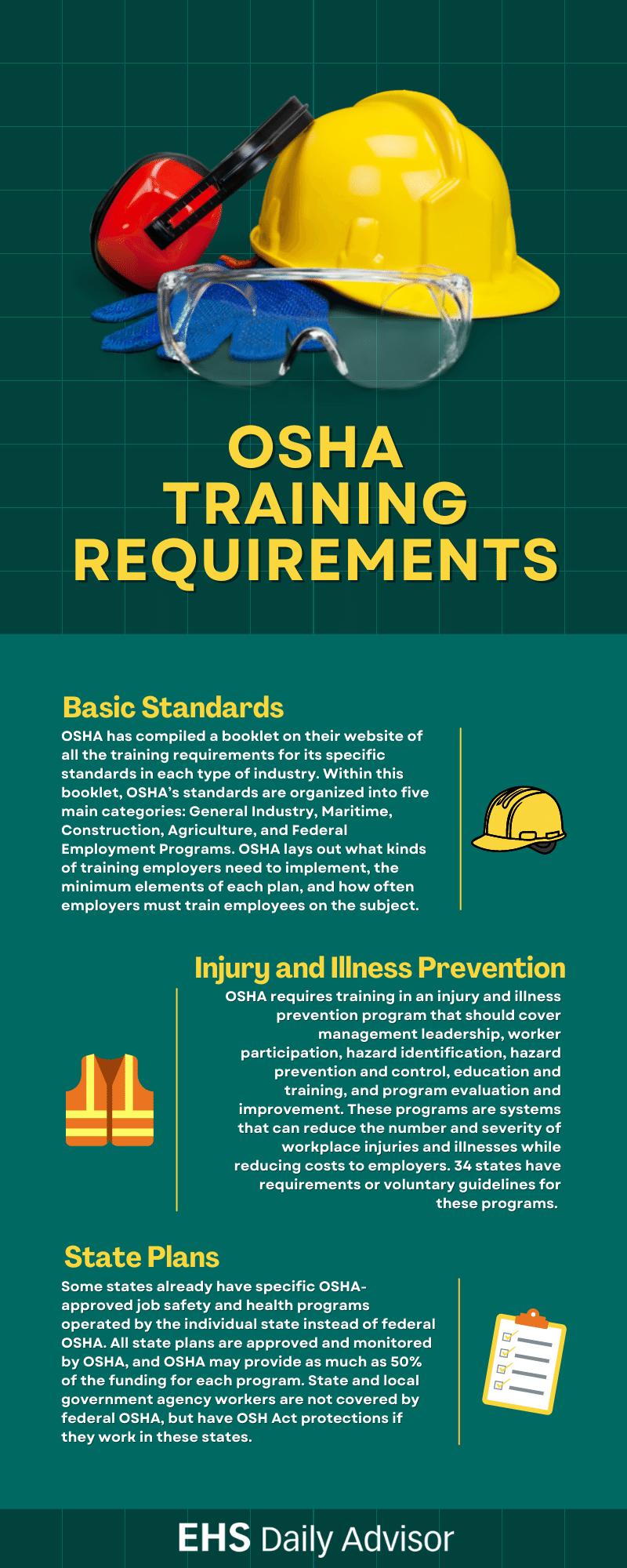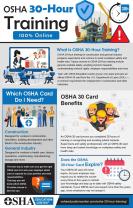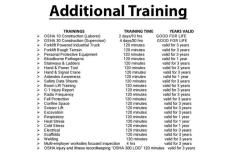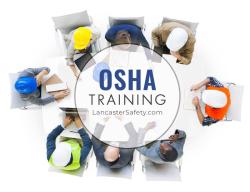Who needs OSHA training?
OSHA (Occupational Safety and Health Administration) training is essential for various individuals and groups across different industries to ensure workplace safety and compliance with safety regulations. Here's who should consider OSHA training:
Employers: Employers are responsible for providing a safe and healthy work environment for their employees. OSHA training helps employers understand their obligations, develop safety protocols, and implement necessary measures to protect their workforce.
Employees: All employees, regardless of their role or industry, can benefit from OSHA training. It equips them with the knowledge and skills to recognize workplace hazards, follow safety protocols, and contribute to a safer work environment.
Supervisors and Managers: Those in leadership roles should undergo OSHA training to understand their responsibilities in maintaining safety standards, enforcing safety protocols, and fostering a culture of safety within the workplace.
Safety Personnel and Safety Committees: Individuals designated as safety officers or members of safety committees should have comprehensive OSHA training to effectively identify risks, conduct safety assessments, and implement safety programs.
Construction Workers: Construction workers face various hazards on job sites. OSHA construction safety training, such as the 10-hour or 30-hour OSHA Outreach Training Program, is crucial to prevent accidents and ensure compliance with construction safety standards.
Healthcare Professionals: Healthcare workers encounter unique workplace hazards. OSHA training tailored to healthcare settings helps them understand infection control, hazardous materials handling, and patient safety protocols.
Manufacturing and Industrial Workers: Workers in manufacturing and industrial settings deal with machinery, chemicals, and other potential hazards. OSHA training for these industries focuses on machine safety, chemical handling, and hazard communication.
Service and Retail Industry Workers: Employees in service and retail sectors also benefit from OSHA training to understand general safety protocols, ergonomics, and customer safety.
Emergency Responders: First responders, firefighters, and emergency personnel require specialized OSHA training to handle hazardous situations safely and effectively.
Contractors and Consultants: Individuals or firms providing safety consulting or contracting services should have OSHA expertise to guide clients on safety compliance.
Ultimately, anyone involved in the workforce, from entry-level employees to top management, benefits from OSHA training. It promotes a culture of safety, reduces workplace accidents and injuries, and ensures compliance with occupational safety and health regulations.
Which professions or industries require OSHA training as a mandatory requirement?
OSHA (Occupational Safety and Health Administration) training requirements vary depending on the specific job and industry. However, some professions and industries generally require some form of OSHA training as a mandatory component:
Construction: All workers on construction sites are required to have basic 10-hour OSHA Construction Safety and Health Outreach training, and many specialized tasks within construction (e.g., working with scaffolds, confined spaces, or hazardous materials) require additional training.
General Industry: Many occupations within general industry, such as manufacturing, warehousing, and transportation, require employees to complete the 10-hour OSHA Outreach to General Industry course. Specific tasks within these industries may also require additional training on topics like bloodborne pathogens, fall protection, or hazard communication.
Maritime: Maritime workers working on vessels in US waters are typically required to complete various OSHA and US Coast Guard (USCG) training courses, depending on their specific role and vessel type. These may include training on lifesaving appliances, firefighting, first aid, and cargo handling.
Hazmat (Hazardous Materials): Anyone handling hazardous materials must receive training specific to the types of materials they work with. This training typically includes how to identify hazards, proper handling procedures, personal protective equipment (PPE) requirements, and emergency response protocols.
Other industries with some mandatory OSHA training:
- Agriculture
- Oil and gas
- Mining
- Electrical work
- Emergency services
Remember: This is not an exhaustive list, and specific training requirements can vary depending on the state, local regulations, and employer policies.
Here are some resources to help you determine if and what OSHA training is required for your specific profession or industry:
- OSHA Training Requirements page: https://www.osha.gov/sites/default/files/publications/osha2254.pdf
- OSHA's eTool for Hazard Identification and Control: https://www.osha.gov/safety-management/hazard-Identification
- State health and safety agencies: These agencies may have additional training requirements or resources specific to your state.
It's important to note that even if OSHA doesn't explicitly require training for your specific job, your employer may still require it as part of their safety program. Always check with your employer to find out what training is required.
I hope this information helps! Feel free to ask if you have any further questions about specific professions or industries.







